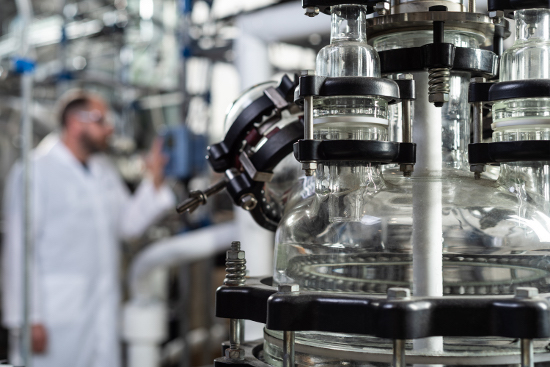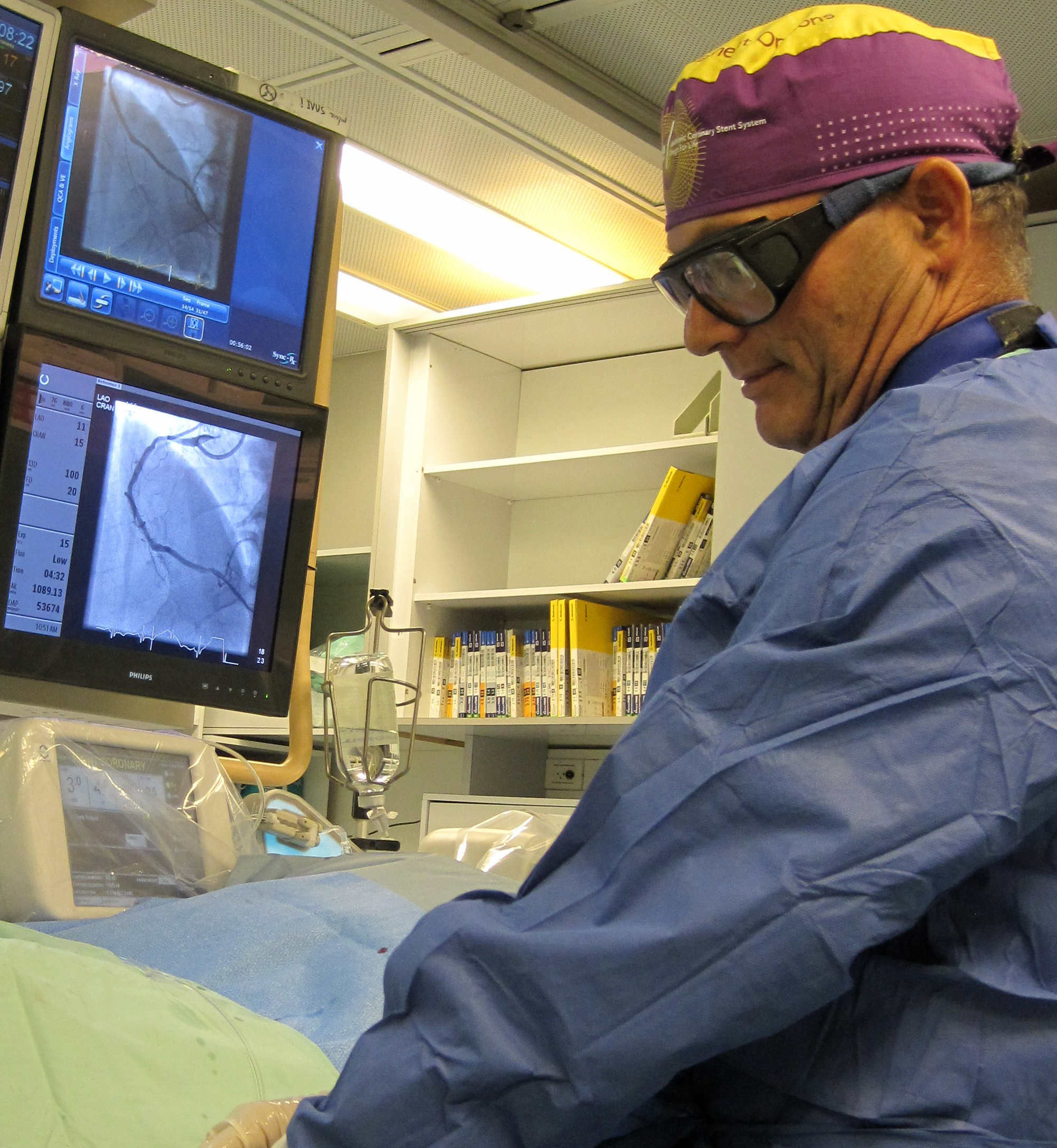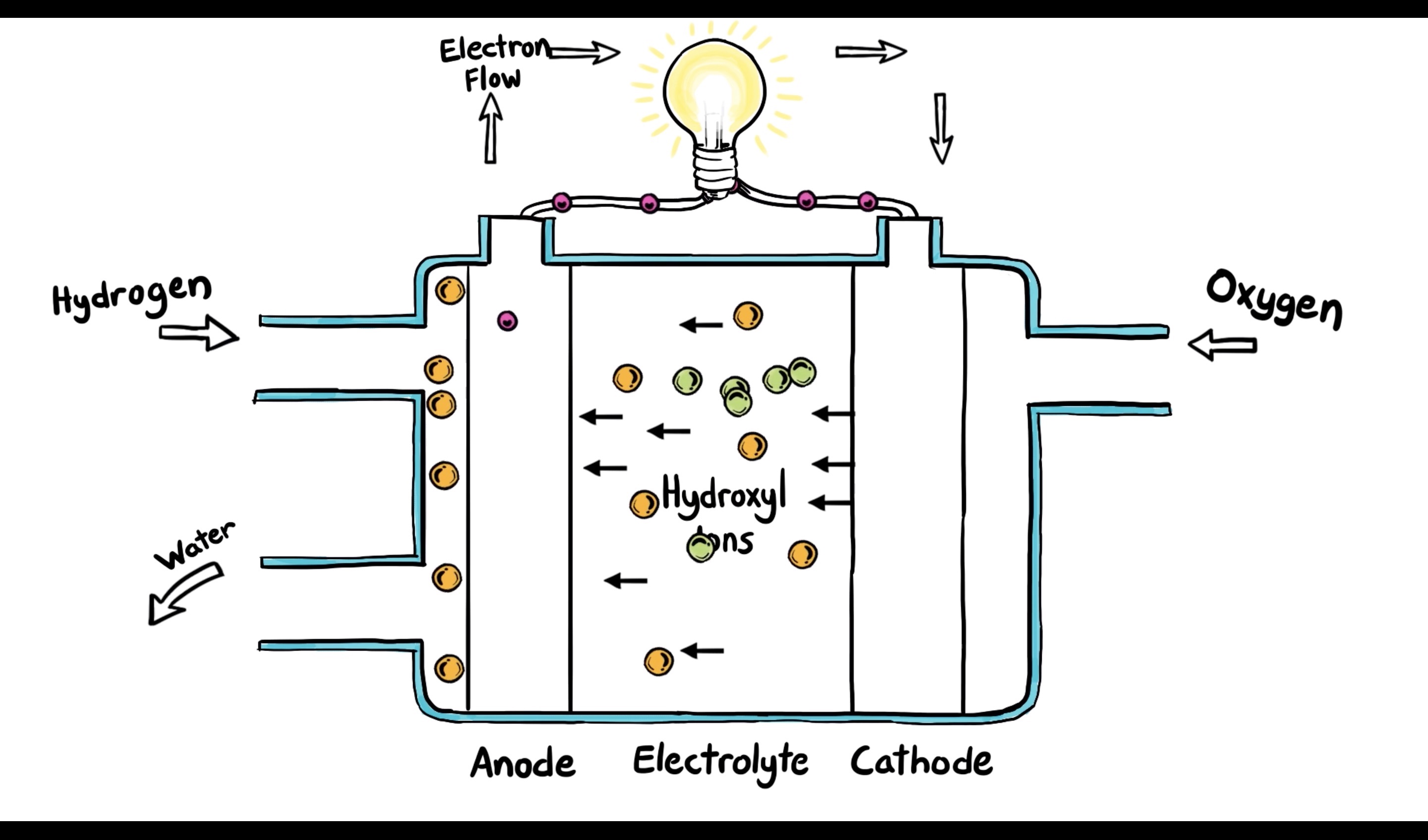Critical Conditions: The desperate need for fail-proof backup power in medical facilities
As our world becomes increasingly connected, we become ever more reliant on power. Most of us view a temporary loss of power as a nuisance, an interruption to the way we live with our gadgets and electronics. But when we or a loved one needs it the most - in a medical facility - a power cut is a thoroughly frightening prospect. While it may not be something we often think about, the consequences of such an incident can be devastating.
 In 1987, New York Hospital suffered a 22-minute power outage. During this outage, the electric respirator of a prematurely born, 40-day-old infant stopped. Aware of the infant's reliance on this respirator, staff were prepared for this complication and began efforts to help him breathe with the use of a manual air pump. Sadly, these attempts were insufficient, and the baby died.
In 1987, New York Hospital suffered a 22-minute power outage. During this outage, the electric respirator of a prematurely born, 40-day-old infant stopped. Aware of the infant's reliance on this respirator, staff were prepared for this complication and began efforts to help him breathe with the use of a manual air pump. Sadly, these attempts were insufficient, and the baby died.
Of course, this was decades ago. Policies, procedures and backup power technologies have greatly evolved since then. Yet in 2005, during Hurricane Katrina, 45 patients at Memorial Medical Center in New Orleans, died - a direct result of a power outage.
Code red
The 1987 outage at New York Hospital was caused by backup generators failing during a scheduled repair of the main power plant. This problem has continued to overshadow hospitals.
 During a New York City-wide blackout in 2003, not only did multiple backup generators fail in hospitals, but it was also reported that fuel supplies for those generators fell to critically low levels as fuel trucks struggled to maneuver across the city. Fuel shortages were a problem again during Hurricane Rita in 2005, and again in 2012, when Hurricane Sandy hit New York and New Jersey. During these incidents, two major hospitals required bucket brigades to haul diesel up to the floors where the generators were located. Despite this effort, the generators in both hospitals failed - hundreds of patients had to be evacuated.
During a New York City-wide blackout in 2003, not only did multiple backup generators fail in hospitals, but it was also reported that fuel supplies for those generators fell to critically low levels as fuel trucks struggled to maneuver across the city. Fuel shortages were a problem again during Hurricane Rita in 2005, and again in 2012, when Hurricane Sandy hit New York and New Jersey. During these incidents, two major hospitals required bucket brigades to haul diesel up to the floors where the generators were located. Despite this effort, the generators in both hospitals failed - hundreds of patients had to be evacuated.
Hospitals suffered backup power failure againafter both the Christchurch earthquake of 2011, and the 2012 earthquake and tsunami in Japan. In addition, a 2015 flood in the Tamil Nadu state of India resulted in the deaths of 18 patients.
An uphill battle
The issues facing hospitals regarding their power supplies are complicated. An aging power grid infrastructure, combined with an ever-increasing demand for power and a deluge of extreme weather events, has led to precarious circumstances in which power outages are becoming more regular. According to Eaton's Blackout Tracker Annual Report, in 2017, the United States alone suffered 3,526 power outages lasting an average of 81 minutes each.
The frequency and impact these outages can have on all aspects of healthcare services (acute care and emergency response, life support devices, communications and file retrieval, medication storage, air quality, temperature control, sewage disposal, and water purification systems) underscores the need for fail-proof backup power.
The National Fire Protection Association and the National Electrical Code both require US healthcare facilities to have emergency power restored within 10 seconds of an outage. Facilities are also required to have 96 hours' worth of emergency power fuel. It's clear, however, that these failproof measures aren't failproof enough.
Code green
Backup diesel generators have proven inadequate time and again, and yet, even at the cost of human lives, they continue to be used. This has to change.
Renewable energy alternatives like wind and solar offer a source of clean energy, but they don't always deliver the power we need when we need it. Fuel cells can address this problem. They meet the specific power requirements crucial in fast-paced and critical settings such as hospitals. Unlike renewables, they are not weather dependent but weather resilient, providing a perpetual source of reliable power.

The answer to long-duration, uninterrupted power supply lies with fuel cells. Hydrogen based fuel cells are completely clean, and add an extra layer of protection and redundancy for mission critical equipment, ensuring 100 percent functionality in case diesel generators fail. With a smaller footprint and with no CO2 emissions, they can be stored both indoors and outdoors, where they can also be better protected from severe weather conditions including floods.
Advanced hydrogen fuel cell backup power solutions are designed with remote IoT monitoring capability, providing visibility into system health at all times. This ability to control and maintain the fuel cell remotely offers the assurance that, as soon as it's needed, this back-up power supply will kick in to maintain full functionality. Unlike diesel generators, they do not require maintenance checks; any potential issues will be identified long before the system can reach the point of failure.
In addition to providing lifesaving power during outages, hydrogen fuel cells and their dynamic load capacity also provide a backup power solution that easily absorbs the high load demands created by imaging devices and other sophisticated equipment. Indeed, to prevent any interruption to power flow, the Hillel Yaffe Medical Center in Israelrecently installed a hydrogen-based fuel cellwithin its cardiac catheterization unit. They have now eliminated the possibility of damage to their delicate equipment, and crucially, they've avoided equipment downtime and interruptions to surgical procedures, further reducing risk to life.
Unfortunately, the situation with aging power grids isn't going to improve any time soon. What's more, as we head towards a world of increased electrification, the demand on these energy suppliers is going to climb. Add ongoing extreme weather events, and these medical facilities face a multitude of challenges. However, there are solutions designed to help mitigate these issues. The onus is now on our hospitals and other critical care facilities to invest in a more reliable emergency power solution - one that won't fail when it's needed most.
Alex Saucedo is GenCell Director of Sales North America.GenCell's G5 system is a long-duration UPS (uninterruptible power supply), hydrogen-based fuel cell solution that supports off-grid and rural electrification. Since its founding in 2011, GenCell has grown to more than 80 employees, including many veterans of the Apollo & Mir projects. The company is headquartered in Israel with a worldwide distribution and support network.
GenCell Energy | www.gencellenergy.com
Author: Alex Saucedo
Volume: 2019 May/June











